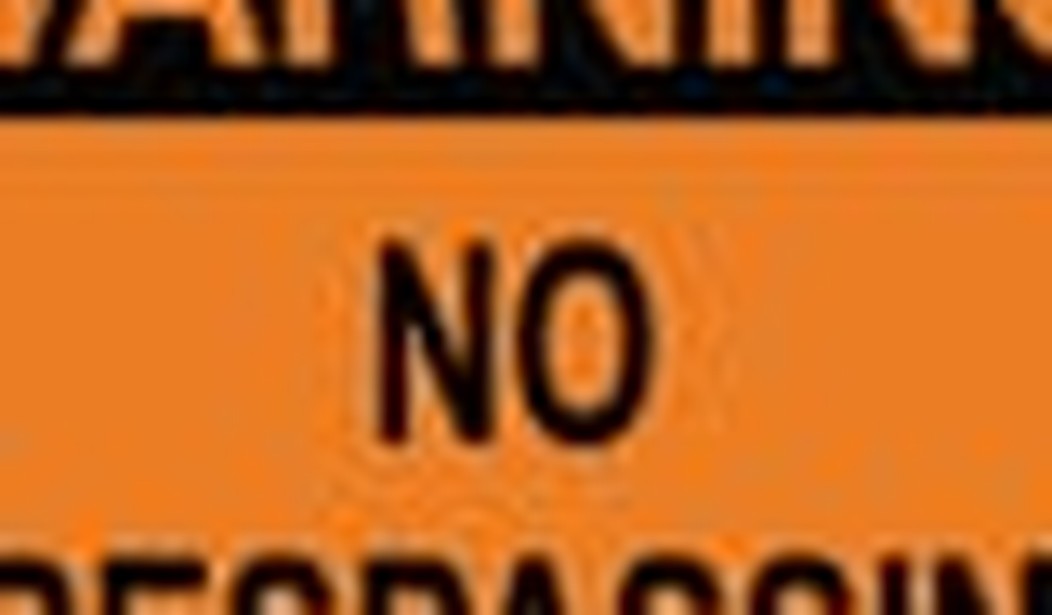The realizations that politicians have been unable to bring peace and that the involvement of the international community has only sharpened the division between Arab and Jew has prompted the creation of Eretz-Shalom (LandPeace) — a group seeking peace from the bottom up.
The Israeli left has made numerous attempts to make peace between Israeli Jews and Palestinian Arabs. The Geneva document drafted by MK Yossi Beilin and PLO spokesperson Yasser Abed Rabbo in October 2003 failed, as did the previous attempt, the Ayalon-Nusseibeh peace plan of July 2002. Both were supported and funded by the EU and Western (mostly European) NGOs. These two failures represented the views and expectations of the secular leftist European worldview, to the exclusion of the traditional values of the people physically and emotionally tied to the land.
The people who live there, who have personally experienced the price of war and its cost in blood, are in the end the best possible peacemakers.
In “settler” communities such as Kedumim, in Samaria, the people are determined to live in peace with their Arab neighbors. There is no fence around Kedumim — the residents travel to Arab villages and Arab villagers come to be served at the settlement’s gas station. This is true for other communities as well. Says Raphaella Segal of Kedumim:
We are open and ready to settle our differences with our Arab neighbors on the basis of live and let live with mutual respect for one another.
Although Raphella is not yet an active member of Eretz-Shalom, she supports the idea behind the movement.
The LandPeace movement began with meetings between local Palestinians and Jewish settlers in the Etzion Bloc, then moved south to the Mt. Hebron region and north towards Samaria. In an interview with the Israeli Hebrew daily Makor Rishon, Nachum Petznick — one of the founders of LandPeace — explained:
LandPeace grew from the bottom by regular people, both Palestinian Arabs and Jewish settlers, who understood that there is no time to wait while politicians try time and again to present unsuccessful peace plans. Reality is more complex, and while the politicians discuss peace agreements something entirely different is occurring on the ground. Our aim is to impact reality while understanding that both the Palestinians and we, the Jewish settlers, are here to stay.
…
We are now several hundred strong.
…
The mere fact that we are meeting with scores of Palestinian Arabs who are interested, and that we are getting to know each other, is of immense importance.
Petznick added that the conversation among the political left is about “recognizing” the Palestinians, while at LandPeace they “get to know” real Palestinians as individual people. To recognize something is an amorphous state, but to know somebody is real, according to Petznick, and the people associated with LandPeace want to live side by side in peace with their neighbors, but he says the word “peace” has been exploited and beaten up from all directions:
I prefer to talk about good neighborly relations and mutual respect rather than use the word “peace.”
S., a former Hamas activist who must hide his name for fear of retribution, found his way to LandPeace through an Israeli prison system. He tells the story of a young Palestinian named Tzudki Zaro, in prison with him, who told him that he murdered Jewish baby Shalhevet Pass. When S. asked him if he was proud of his deed, Zaro replied:
Of course, why not?
S. described the shock he felt hearing this monster, proud of murdering a baby. After that, S. recounts, “I began to think differently.” S. told Makor Rishon:
I reached the conclusion that I did not want to be with people like Zaro, and that both you [Jews] and us [Palestinians] live on this land, and that we do not have another land, so what are we to do? You fire at us, we fire at you, you kill and we kill, and when will it end?
S. described searching for ways to talk to Israelis and how he found the LandPeace movement:
I do not care about Abu Mazen or Netanyahu, but I do care about my neighbors, and I want the firing on each other to stop. I want my Jewish neighbor to give me a ride and I want to do the same for him, and we together will force our leaders to make peace.
…
The leaders failed to bring peace because the public was not prepared for it. The leaders sat together and wrote agreements and then delivered the message through the press to the people. But the people have not seen a difference, and they are still suffering. … Peace will come not when the leadership will cook and we will eat from it but rather when we shall cook for ourselves.
For Palestinian Arabs like S., reaching out to his Jewish neighbors could get him killed by Palestinians, while the Jewish settlers may reach out without risking retribution from other Jews. (Nonetheless, Jewish LandPeace members report being subjected to ridicule.)
Shai Ben Josef, a key figure in LandPeace, observed:
For seventy years people are trying to divide the land and have failed because it is a small land, and because we live amongst each other, and share the same roads, breathe the same air, and drink the same water. We must therefore find a way in which each nation will be able to fulfill its self-determination separately, but at the same time share in things that could be run together.
The message of LandPeace to President Obama and the European Union is clear: hands off — let us “cook” peace for ourselves.









Join the conversation as a VIP Member